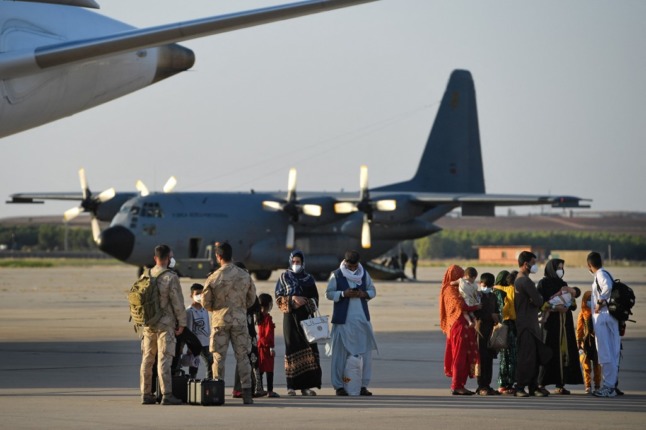Rules on source protection are written into the Swedish constitution and effectively block individuals and government agencies from attempting to uncover journalists’ sources. Revealing the identity if sources who wish to remain anonymous is a punishable offence.
But the law only apply to websites or publications that possess a special publishing licence (utgivningsbevis) granting them constitutional protection, and WikiLeaks has not acquired the requisite paperwork, local newspaper Sydsvenskan reports [article in English].
“To my mind, it is too simple to claim that all Wikileaks sources are totally protected in Sweden,” deputy Chancellor of Justice Håkan Rustand told the newspaper.
Author and journalist, Anders R Olsson, who specializes in Swedish freedom of expression issues, said he found it strange that WikiLeaks did not appear fully aware of the legal situation.
He also noted that the Swedish authorities could find ways to circumvent source protection law in extreme cases, even if a publisher possessed the relevant licence.
“In the case of top secret information that is of great importance to the military, police and prosecutors have a duty to try to find the leak and prosecute the source,” he told Sydsvenskan.
Swedish internet company PRQ said on Friday it had been helping whistleblower website WikiLeaks since 2008 by hosting its servers at a secret basement location in a Stockholm suburb.
WikiLeaks “contacted us through a third party in Sweden a few years ago and
… their traffic goes through us,” Mikael Viborg, the 27-year-old head of the PRQ Internet hosting company, told AFP.
He said the company’s server hall housed several hundred servers and was located “somewhere in Solna,” some five kilometres (three miles) from Stockholm’s centre.
WikiLeaks had purchased a so-called tunnel service, he said, meaning “the material itself is somewhere else but is sent through our machines so for someone downloading the material, it looks like it is coming from us.”
He stressed however that “we have no control over what WikiLeaks publishes.
We don’t have any contact with them … We have never talked with (WikiLeaks founder) Julian Assange and they never ask us before they publish something.”
Viborg showed the entrance of PRQ’s server hall to Swedish daily Dagens Nyheter, but refused to let the paper look inside and insisted the exact location not be revealed.
The company counts up to 600 customers, ranging from private individuals to international corporations, he told AFP, acknowledging that “some of the material sent out through our server hall is controversial and we want to avoid sabotage.”
Viborg, who has a Swedish law degree and has served as a legal advisor to popular filesharing website The Pirate Bay, said PRQ had yet to be contacted by Swedish or US authorities about WikiLeaks’ activities.
“I’m a bit worried about that happening, but I don’t expect it,” he said.
WikiLeaks, which was founded in December 2006 and styles itself “the first intelligence agency of the people,” published some 70,000 classified documents on the US-led war in Afghanistan in late July.
The files contained a string of damaging claims, including allegations that Pakistani spies met directly with the Taliban and that deaths of innocent civilians at the hands of international forces were covered up.
The documents also included the names of some Afghan informants, prompting claims that the leaks have endangered lives.
WikiLeaks has already acknowledged that it posts material though servers based in Sweden and Belgium.
The Pentagon on Thursday urged WikiLeaks to “do the right thing,” and return the leaked US military documents and stop any future public releases.



 Please whitelist us to continue reading.
Please whitelist us to continue reading.
Member comments